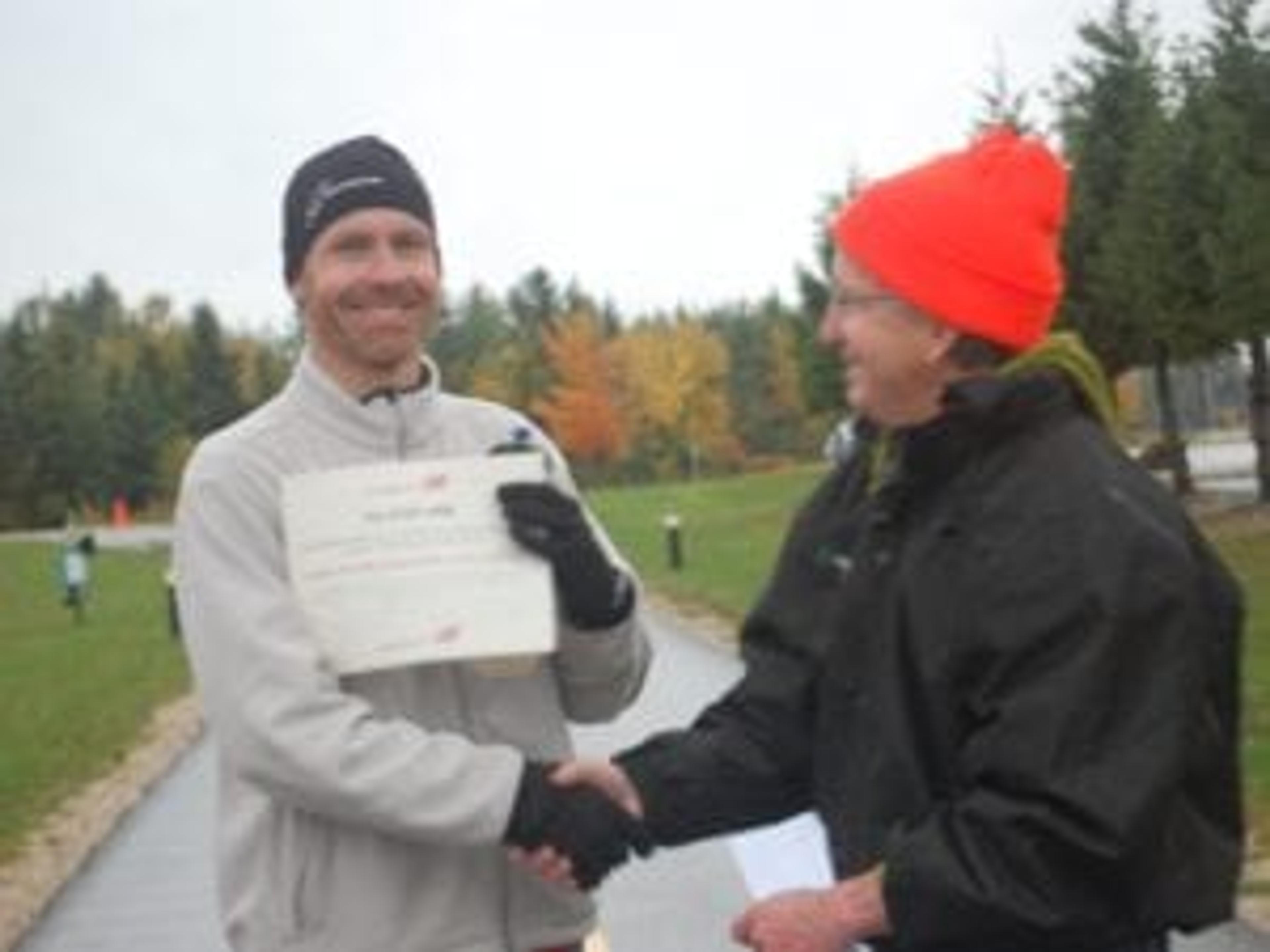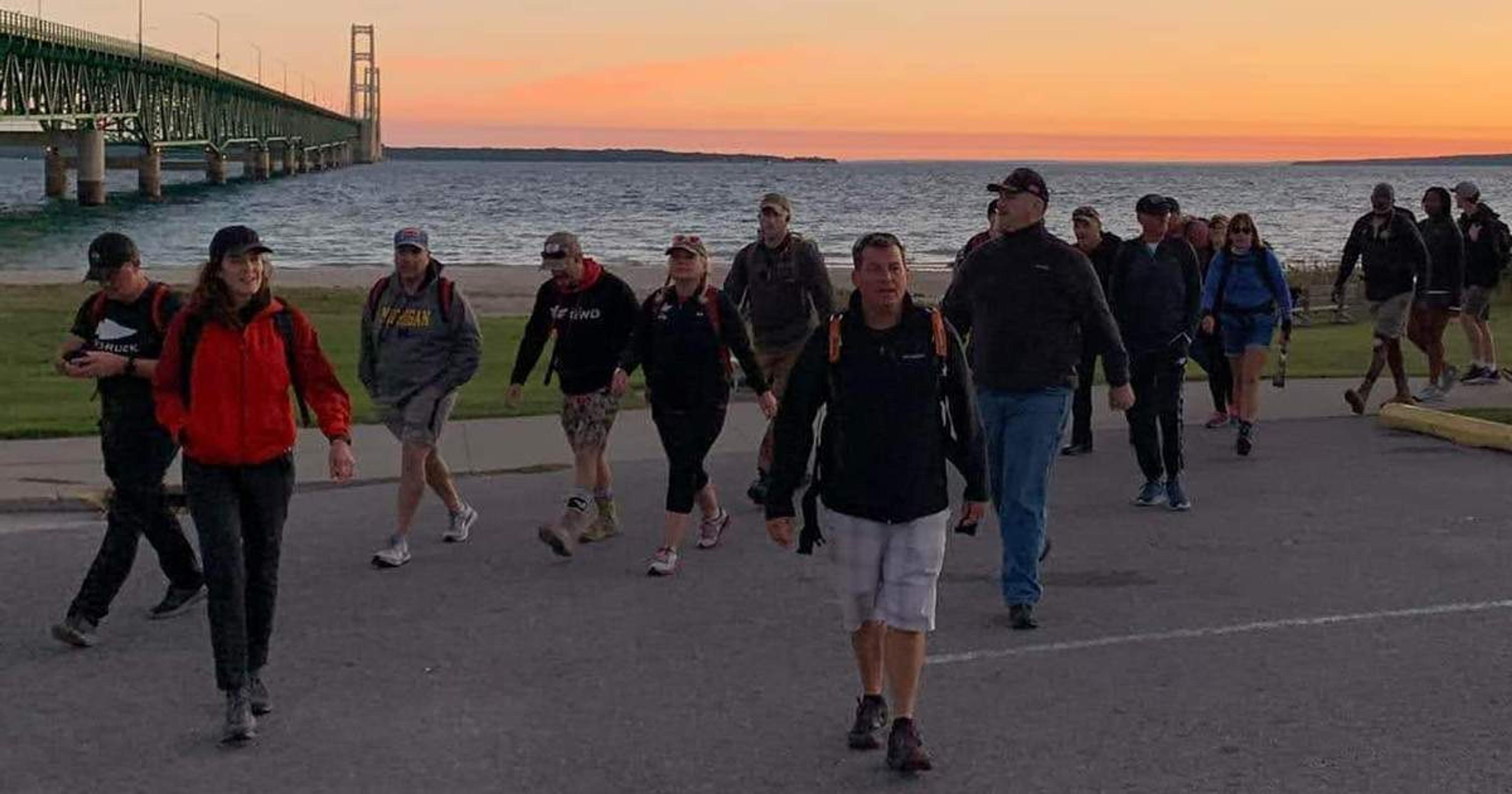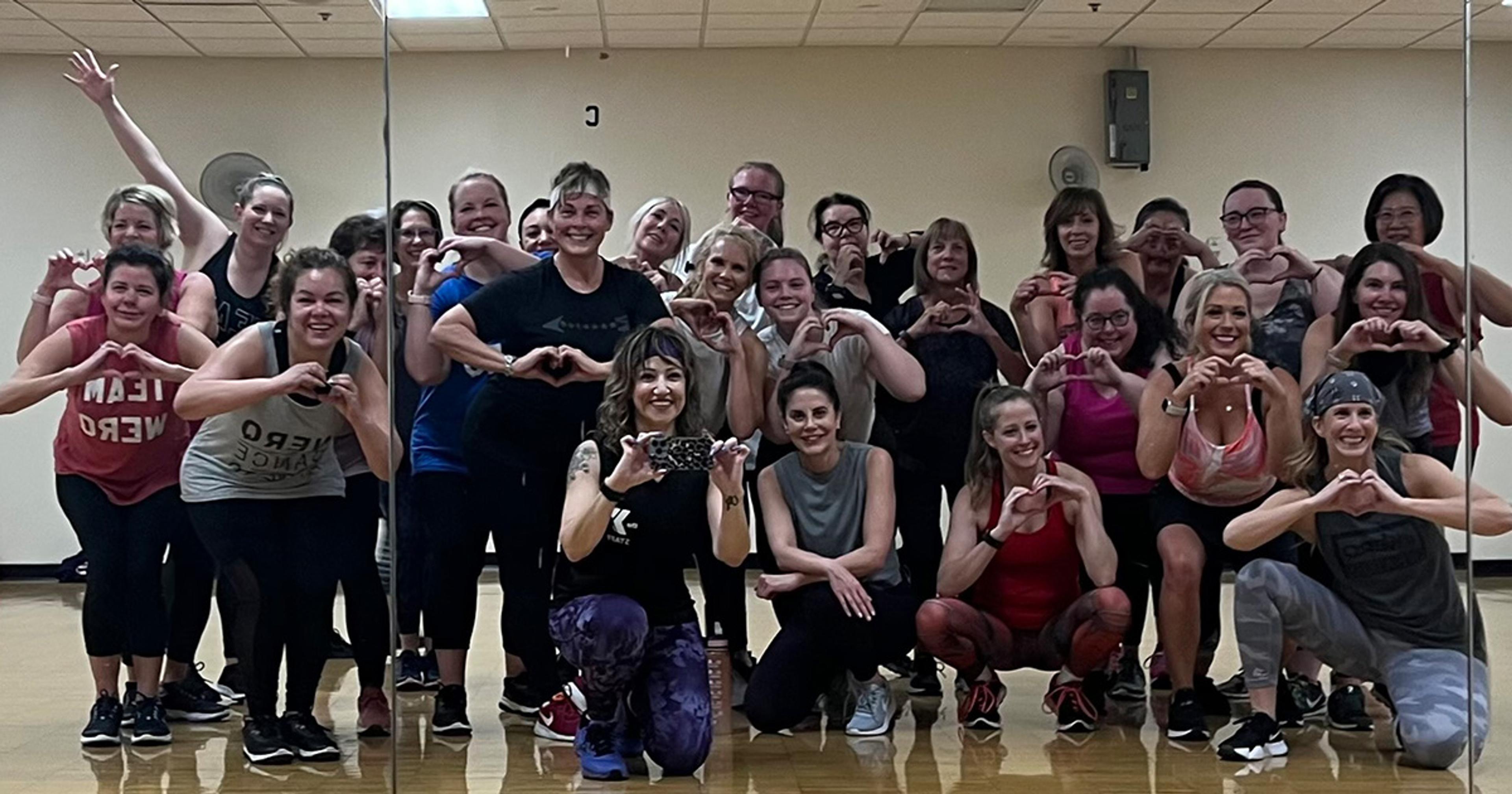Calling All Michigan Ultra Runners for the Rail Run 100 (Formerly Top of Michigan 100k)

Julie Bitely
| 3 min read

Many people consider a marathon to be the pinnacle of distance running events. While finishing 26.2 miles is certainly a feat of endurance, for an increasing number of runners, that’s just the warm-up.
According to UltraRunning Magazine, the number of people participating in ultra-running events continues to grow in popularity. There was a ten percent jump in the number of racers competing in ultra events in 2013 compared to 2012. Ultra events are those races with distances of 50 kilometers (approximately 31 miles) or more.
One such race is this weekend’s Rail Run 100, formerly known as the Top of Michigan 100k, an ultra-marathon that runs from Gaylord to Mackinaw City. Runners can choose to enter as individuals or relay teams to conquer the 62.2-mile course. There are six relay legs of varying distances, with stops in Vanderbilt, Wolverine, Indian River, Topinabee, and Cheboygan. Blue Cross Blue Shield of Michigan is a sponsor of the race, which takes place on Saturday, October 11.
Jeff Winegard is the Executive Director of the Top of Michigan Trails Council, the organization putting on the race. He said the natural beauty of the North Central State Trail that runners will travel on, as well as its length, make this a perfect locale for a stunning fall race.
“It’s like they made this trail for an ultra-marathon,” he said.
A 6 a.m. start means runners take off from Gaylord in the dark.
“It’s really cool to see these people take off with these headlamps on,” Winegard said.
Awards are handed out and a big party takes place at the finish line in Mackinac City. Winegard said race participation has grown in the three years the event has taken place and he’s excited to see what the fourth year brings.
“People who run the race love it,” he said.

Roger Bonga receiving his winner’s certificate from Jeff Winegard in 2012.
Roger Bonga is a Grand Rapids ultra runner who won the race in 2012. Besides the Rail 100, Bonga has participated in some 100-mile runs and other ultra events. Last May he ran from Sault St. Marie to the Indiana border solo in ten days, averaging about 37 miles per day.
“They think I’m crazy,” Bonga said, when asked what people think of the distances he runs. “That’s generally what people say.”
Training for such long distances means the 38-year-old could be running 80 to 100 miles per week, sometimes splitting up long runs for the day with a morning and evening session. His biggest tip for running longer-distance races? Forget being fast.
“The big thing is, you’ve got to slow down when you’re going longer distances,” he said.
Being prepared with the proper gear on race day, taking care of your feet by taping and ensuring you have extra dry socks and shoes, and getting your nutrition plan in place before you’re on the trail, are other things Bonga said he’s learned over time. As far as what it feels like to push your body 100 miles or more, Bonga said it typically isn’t that much different than a marathon.
“When I run a marathon, I think the next day, it’s the same kind of pain, minus the blisters,” he said. “Otherwise, I can barely walk either way.”
If you live in or near one of the towns on the race route, or if you’re spending some time in northern Michigan this weekend, check out the beautiful fall colors, and cheer on the relay runners and hard-core ultra runners in this year’s Rail Run 100!
Photo credit: memories_by_mike and courtesy photo from Roger Bonga





